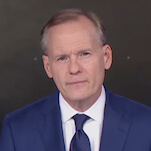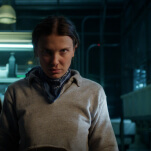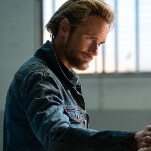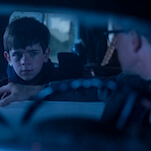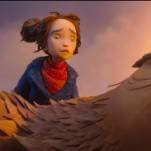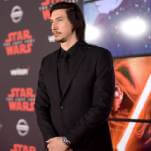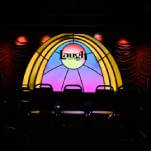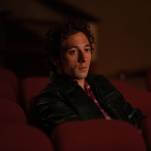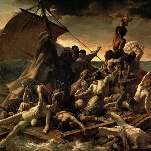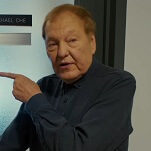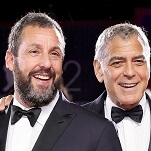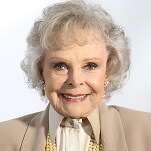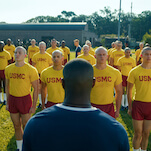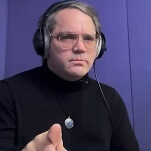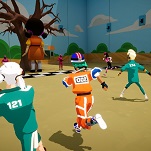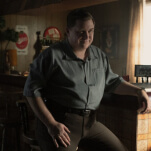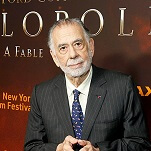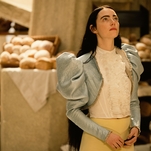Kingdom Hearts gets the emotions flowing from readers of a certain age
So Simple And Clean Clean
Our Special Topics In Gameology series about memorable video game neighborhoods continued this week with an article by Jake Muncy about the lengthy but emotional prologue of Kingdom Hearts II. It’s clear that the suburban coming-of-age tale Jake described resonated with him. As it turns out, this series holds a special place in the…hearts of people who played it at a certain age. Here’s I’m In Tech’s take:
Twilight Town was such a bittersweet experience, but Kingdom Hearts has always been great when it comes to touching, heartfelt moments, whether they’re tragic or happy. Roxas’ pain at realizing everything around him was fake was palpable, just as Sora’s many struggles are in regards to finding his home and ultimately having to give up that search time and again to follow another path. It’s especially sad when you revisit Twilight Town as Sora, and Roxa’s friends all feel like they’re missing something. This is one of the best opening sequences of a game I can think of, both in how it introduces you to the new controls in the game, and in the way it sets up the plot for the rest of it, even if it does drag on a tad too long (especially the mission where you have to do odd jobs). It’s still a fantastic start of a new chapter.
This is a series I grew up with, so maybe the nostalgia factor is high, but these games truly are wonderfully made and I still get all kinds of feelings when I hear Utada Hikaru. I sometimes can’t wrap my head around just how much I managed to connect with the storylines, and I think the addition of both the Final Fantasy and Disney characters really add so much to the experience. It’s amazingly familiar and foreign at the same time due to their creativity with the plots, and I imagine this series will forever be one of my favorites.
For MaxilmalistMaximalist, Kingdom Hearts was an unexpected formative experience:
When I bought the first Kingdom Hearts, I was still in elementary school, and it made me feel many emotions that I couldn’t quite process. (I was still used to playing games like Spyro The Dragon. I didn’t have time for things like “plot” beyond “get x amount of y to accomplish z.”) And when Kingdom Hearts II came out, things started off so simply. I remember being pissed off during the first three hours because I wasn’t able to fight a single heartless and I had to play as this mopey kid.
But then the battle with Axel happened. And when Roxas finally met Sora and said “looks like my summer vacation is over,” I felt sad and guilty. It was strange. Instead of just glossing over the emotional stuff like I had before, I started asking, “Whoa, are video games supposed to be doing this to me?”
And in a personal story, the original Kingdom Hearts found Aussie50 at the right time:
Kingdom Hearts is one of those games that mean a lot to me. It was the first game I bought for my new PlayStation 2, which was the first console I ever bought myself, and I knew from the opening titles that it was going to be something special.
I was 14 when I got it, and I was going through a period of depression and mild anxiety. I wasn’t really fitting in at my high school, which was kind of worrying to me since I had already left one high school I didn’t fit in at. I initially thought I was too old to be playing a childish Disney game. Thankfully, I realized I shouldn’t give a shit if it’s childish; it looked like an awesome game. So I played it and thought it was fucking amazing. It was actually the first Japanese RPG I’d played, so I’d never experienced their specific conventions.



